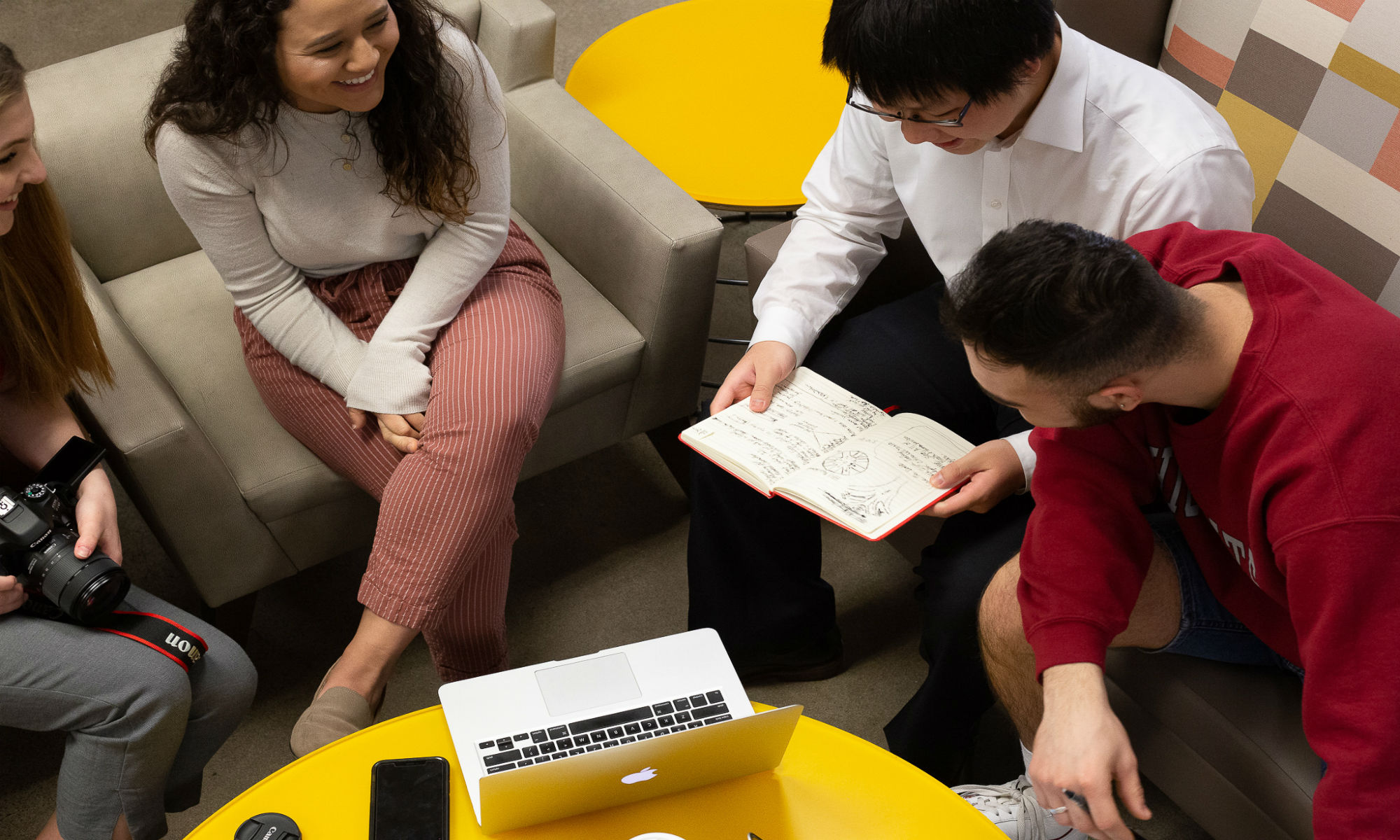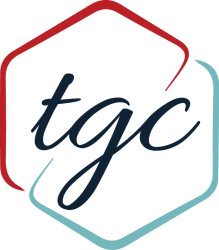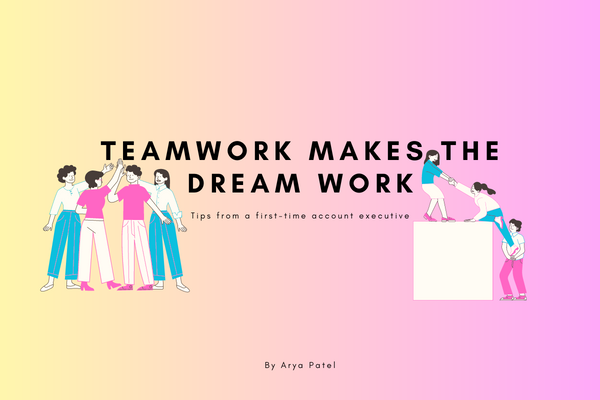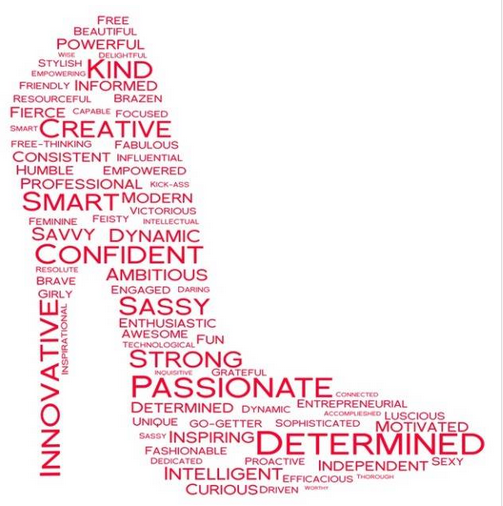What makes a good team member? Tools and advice from a first-time Account Executive.
By Arya Patel
As PR professionals, teamwork is a crucial part of the job. Employers look for collaboration and leadership skills when hiring. Through my time in the Journalism and Public Relations Department at Chico State, I have collaborated with many different people. Here are tips I try to integrate while working with teams to become an effective member.
Communication
Communication is the most important tool to becoming a great team member. Even if you are unsure or confused about what needs to be done, communication with your fellow members and management can clear the fog for everyone involved in a project. It can also be used as a tool to reach out for help when you are overwhelmed or faced with stress and burnout. Communicate early and often for the best chance of success.
“Good team players understand what the team needs and why.” –Cisco
As a first-time AE, I have seen how crucial understanding those around you is. Making sure your team has measurable goals and ways to track them is a great tool to reference in times of uncertainty. It also creates a space for assistant account executives to tap into what they are interested in. There’s a sense of work accountability when evaluating your team’s needs. Another tool that has been very helpful is creating a timeline. Timelines help keep the team on track and “physically” see the process and its deadlines. Delegate work early and create an easy-to-follow timeline and your AAEs will have somewhere to refer back to. My favorite thing about timelines is being able to check off the boxes- it is such a satisfying moment.
A strong work ethic
Being able to push yourself without other people telling you what to do is something any person in charge loves. Observe people you look up to and try to mimic their work ethic, take notes and listen– especially in a new position. Self-discipline is also key to creating a strong work ethic. Make a list of things you want to accomplish [during the day, week, specific activity] that way you can visualize your goals. Remember, focus on what you can control, not what is outside of your control.
Flexibility/ Reliability
Being flexible is like being able to play any position on the field. Your coach can put you in left field, third base or shortstop and you can be an all-star at any of those positions.
Being a reliable person is someone an AE or team lead needs on their team.
Half of the work is to show up, if you show up you can ask questions, clarify and collaborate on things. If you don’t, your team will be resentful toward you during future projects. This semester for my client Krood, I took the initiative with a creative idea, which gave both my AE and client a sense of reliability. During our second client meeting, I pitched the idea of implementing filler posts through her feed. Filler posts are a “breathing space” on an Instagram feed that separates busy posts with lighter content. Our client loved the idea and gave me full creative range, my work is now published on her website and social channels!
A positive attitude can go a long way in every aspect of your life, especially in work life. Encourage your team members to do their best every step of the way. Positivity creates a healthy, collaborative environment where all will feel welcome. Even if you feel confused, understanding those emotions and looking for the positives during tough situations can make all the difference.





